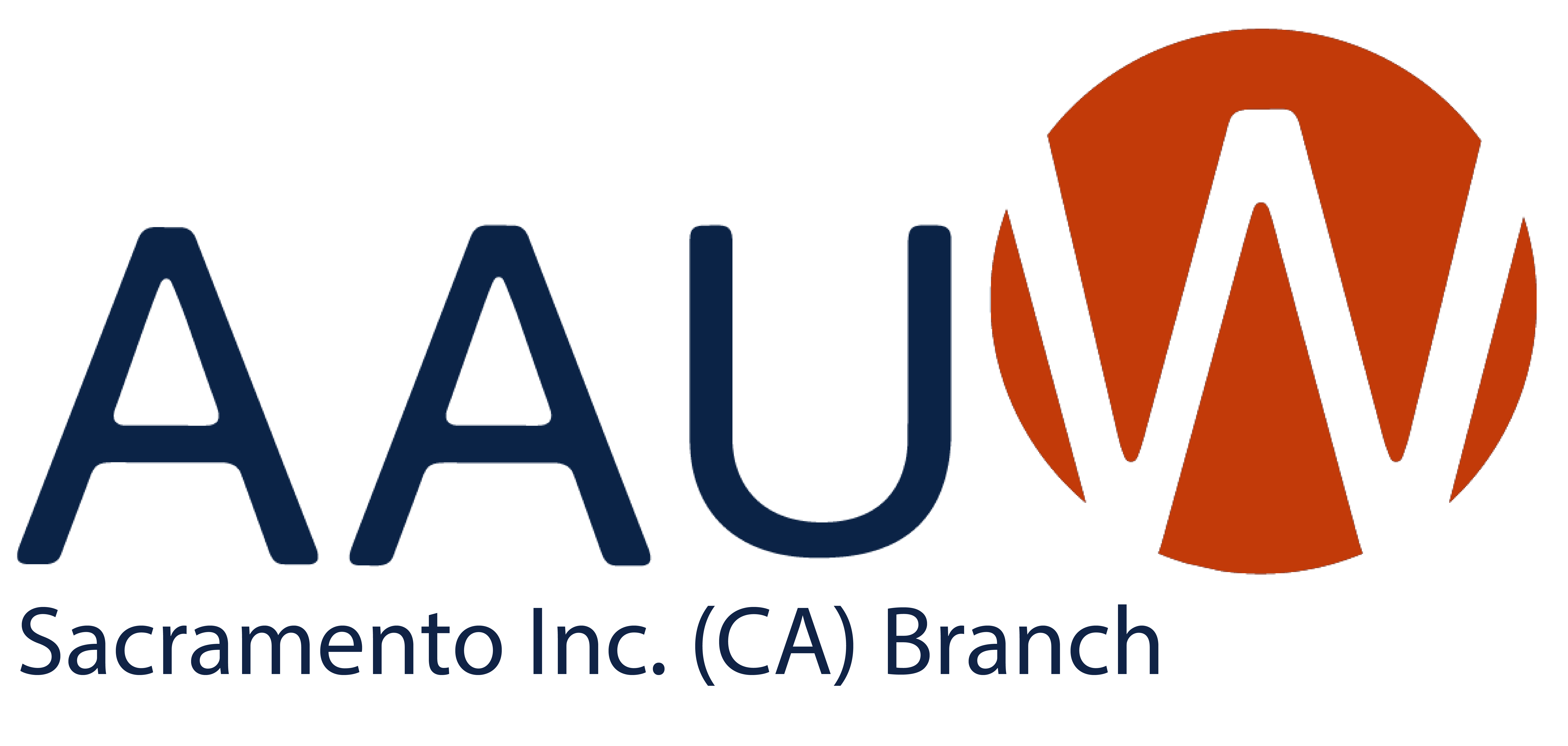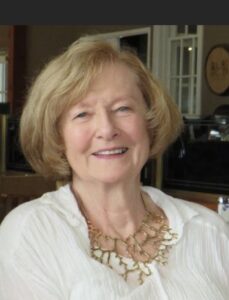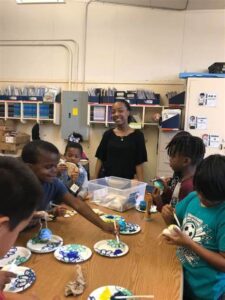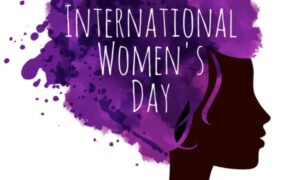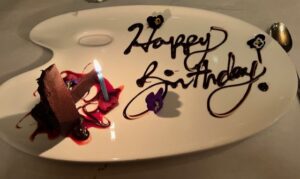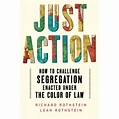April: Author’s Luncheon on Book Bans By Hedda Smithson
Saturday, April 20, 2024, 11:00 AM
North Ridge Country Club, 7600 Madison Ave., Fair Oaks
ACTION CHECK LIST:
Before April 9-
- Make your choices on the reservation form below and mail it to arrive no later than April 12.
- Write a personal check payable to AAUW Sacramento for $32.
- Gather friends to come with you. AAUW Sacramento Zip Code listings begin on page 31 of our Membership Directory.
- Think of questions for our panelists.
On April 20-
- Listen to our panelists: Justin Azevedo, youth materials selector for the Sacramento Public
 Library, and Brenna Bellavance from Underground Books.
Library, and Brenna Bellavance from Underground Books. - Participate in the quizzes and questions.
- Browse and buy books from Underground Books.
- Enjoy the lovely North Ridge Country Club and all it offers.
After April 20 on your own or with others-
- Start a Banned Book Club.
- Suggest a banned book for your book group.
- Read a new-to-you banned book.
- Check out the Book Den for titles.
After April 20 with your favorite device explore these options-
- Saclibrary.org has :”Let’s Talk About Banned Books”, a panel discussion,
- Red, Wine and Blue, redwine,blue for podcasts and news.
- Everylibraryinstitute
- Americanlibaryassociation
__ __ __ __ __ __ __ __ __ __ __ __ __ __ __ __ __ __ __ __ __ __
AAUW Sacramento Branch Author’s Luncheon
Name ______________________________
(Print, Last, First)
Your email address here:
YES! I plan to attend the Author’s Luncheon on April 20 at 11 AM. My reservation must be received no later than April 12.
Meal Choices (circle one in each category):
Main: Thai Chicken Salad or Chicken Piccata or Pasta Primavera
Dessert: Limoncello Cake or Fruit Cup
Make your selections. Mail this form and payment of $32 to AAUW Sacramento c/o Margaret Steinberg, Reservations Coordinator. Margaret’s address can be found in the Membership Directory.
Note: Payment at the door will not be accepted.
Highlights of March Program:
Sacramento Branch of AAUW Presents: The Rights Stuff
Civil Rights and the Right to Fight for Them By Hedda Smithson
Lisa Howard organized and facilitated our March meeting. Great job! We met at the lovely Roberts Family Development Center (RFDC) where we were more than 30 strong. Jessica Waugh led members and guests in exploring the meaning of Diversity, Equity, and Inclusion. Cherril Peabody reviewed the requirements and benefits of our scholarship program to staff members of RFDC; Charmen Goehring pointed out opportunities for high school juniors and seniors to take part in Gov Trek, a new AAUW-CA program; Gloria Yost deciphered the meaning and possible impact of NCCWSL. Each is supported by AAUW Sacramento and can offer opportunities to clients and participants of the RFDC.
The amazing Tina Roberts told stories of her journey, along with her husband Derrell, in founding and creating this special family-focused nonprofit organization. We listened to Jaqueline Kendricks and Bryant Wyatt, who passionately shared their vision of two main programs offered by RFDC. Monique Stovall took us deep into the benefits and power of the summer Freedom School from her perspective as a school administrator.
Our hard working and very organized Kathy Papst arranged for light refreshments. Thank you and your team for the amazing snacks.
Lights, Camera, Action is the program theme for 2023-24. Here are some suggested actions for each of us to take:
– Dine at Colo’s Southern Café, 2326 Del Paso Blvd or King Cong Brewing Co, 1709 Del Paso Blvd
– Log onto www.robertsfdc.org and search for
- How the Other Half Eats
- Lyrics for Something Inside So Strong
- The California Reparation Report
- AAUW history, a webinar available at aauw.org
- Saclibrary.org offers opportunities to tutor others in Adult Literacy
